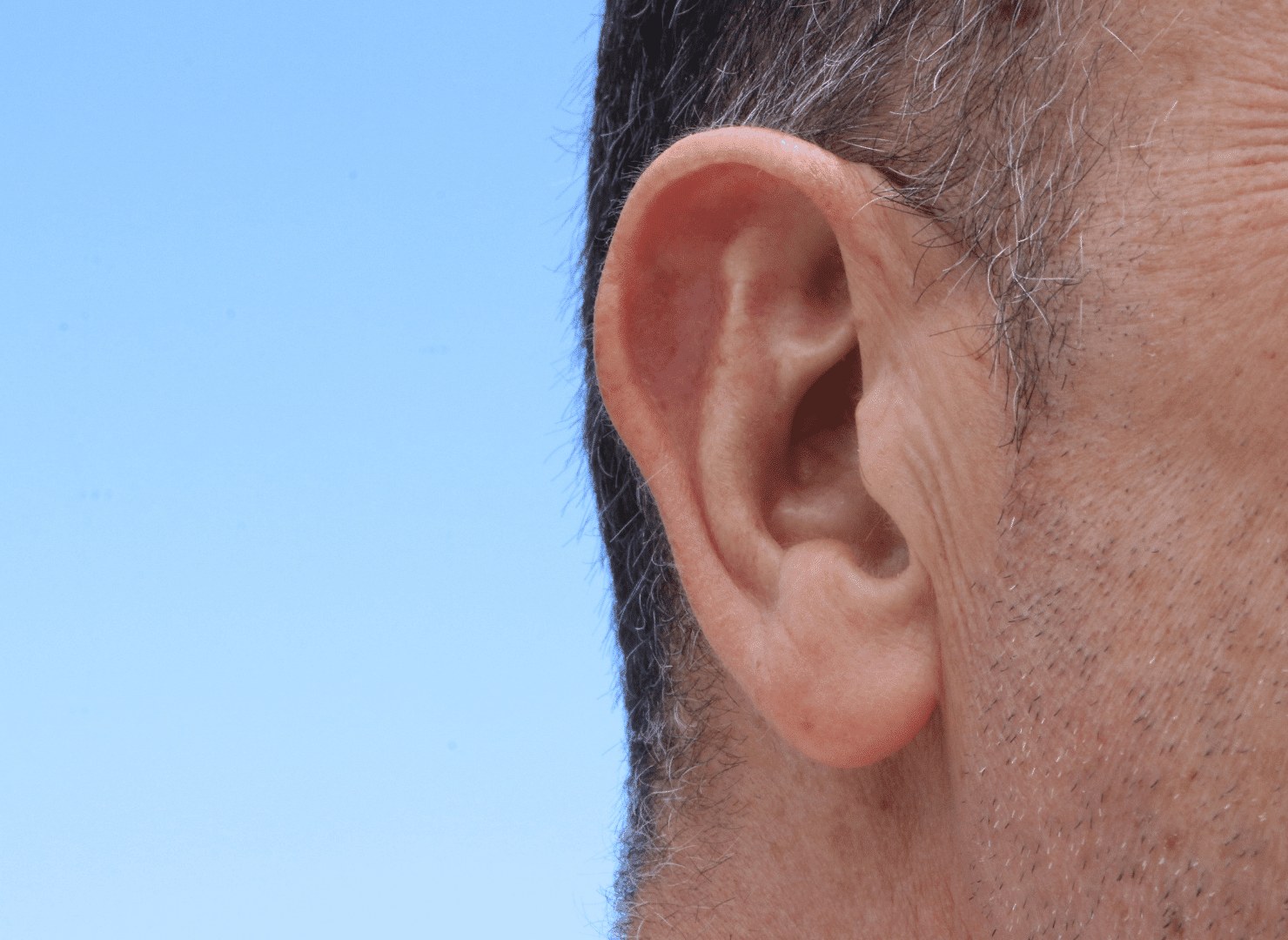Do I Need One Hearing Aid or Two Hearing Aids?
If you're reading this article, you probably want to understand whether you can get just one hearing aid, or if it's better to have two.
Find Hearing Aids Now
While you can buy one hearing aid alone, it's important to consider your individual circumstances before deciding on whether you should buy a matching pair or a custom, solo hearing aid.
Benefits of Having Two Hearing Aids
Better localization
Since the brain localizes sounds by listening from both sides, it is often helpful to wear hearing aids in both ears or to buy a full pair of hearing aids. When talking with people seated on either side of you, your brain has to take in sounds from both directions and decide which way to turn to listen.
With only one hearing aid, the volumes may be different in both ears and the brain may get confused about where the sound is coming from.
Better clarity, especially in background noise
There may also be background sounds competing with your conversation, and two hearing aids allow the brain to determine which sound to listen to. The brain constantly deals with competing sounds, so it is important to maintain the same levels on both sides.
Hearing aids don't just amplify sounds. They clarify them too.
It’s like changing the bass levels on your stereo to better understand the lead singer’s lyrics. The proper volume levels in both ears help with comprehending the sounds, not just making them louder.
Preventative benefits
Hearing aids can also prevent further deterioration in the ear. By wearing hearing aids on both sides, further damage cannot be done.
Evenness across ears
When one ear is able to hear better than the other, it tends to overcompensate and the hearing can become weaker on one side. Hearing aids in both ears allow for evenness across both ears.
Balanced sound processing
Using two hearing devices helps the nervous system process sound and maintain balance. Wearing hearing aids in both ears provides better sound quality because doing so enhances the binaural processing of sound. This means that the two devices communicate with each other to provide balanced signals the brain can process more effectively.
Who Should Use a Hearing Aid for One Ear Only?
When considering whether to use a single or one-ear hearing aid, it is important to speak with your doctor and audiologist about your specific condition.
Find hearing aids now
Generally speaking, those with mild to moderate unilateral hearing loss can benefit from wearing a single hearing aid.
However, some people have more severe unilateral hearing loss or asymmetric hearing thresholds between both ears. If so, two separate devices may be necessary in order to experience optimal sound quality.
Who is a Single Hearing Aid Right For?
Using a hearing aid for one ear only can help reduce the effects of single-sided deafness or unilateral hearing loss. As a result, it is often used in the following cases:
- When there's a minor difference between the ears, such as slight asymmetry in their hearing thresholds
- When an individual experiences tinnitus, or ringing sounds, in one ear only
- To help with balance when an individual is suffering from vertigo or dizziness due to single-sided deafness
- When there are health conditions preventing the use of two hearing aids.
Popular Reasons for Buying Only One Hearing Aid
Buying One Hearing Aid as a Replacement
Another common reason for buying individual hearing aids is replacements. If you've lost one of your two hearing aids, it typically won't make sense to buy a whole new set unless you're looking to upgrade your hearing aid technology.
For lost hearing aids, replacing only the missing one is often the most economical decision. Still, if you've had your hearing aid for a few years before losing it, you might be better off buying a new set.
Hearing technology is like phone technology in that they're both always being iterated on for a better experience. Buying a pair of newer, high-tech hearing aids makes sense if you prefer to have the latest and greatest features offered today.
Cost savings
Cost is a major factor in determining which hearing aid is right for you.
If you're strapped for cash, you may only be able to afford a single aid. In these cases, having any improvement in hearing can be better than none.
Frequently Asked Questions (FAQs)
How much does one hearing aid usually cost?
For a quality hearing aid at your local clinic, you can expect to pay a few thousand for a single hearing aid. Single hearing aids vary in price based on specs with pricing between $1,000 and $3,000 being typical.
Are there any issues with wearing only one hearing aid?
Generally, buying a pair of hearing aids is recommended for the best results. When you buy a pair, you're ensuring better sound localization. That being said, if you have very mild hearing loss, buying a single hearing aid can still provide hearing benefits.




